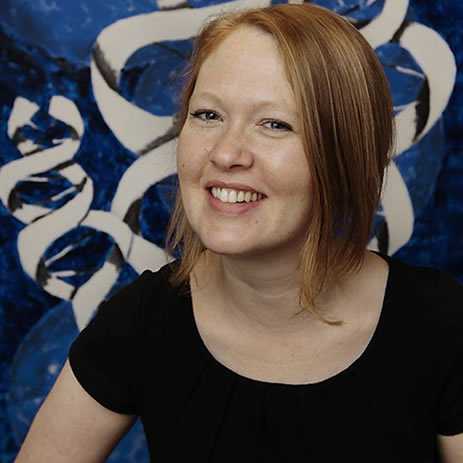Responsible research and innovation, or RRI as it is often called in EU-project language, is both scholarship and practice. Over the last decade, the Human Brain Project Building has used structured and strategic approaches to embed responsible research and innovation practices across the project. The efforts to curate the legacy of this work includes the development an online Ethics & Society toolkit. But how does that work? And what does a toolkit need in order to ensure it has a role to play?
A recent paper by Lise Bitsch and Bernd Stahl in Frontiers in Research Metrics and Analytics explores whether this kind of toolkit can help embed the legacy of RRI activities in a large research project. According to them, a toolkit has the potential to play an important role in preserving RRI legacy. But they also point out that that potential can only be realised if we have organisational structures and funding in place to make sure that this legacy is retained. Because as all resources, it needs to be maintained, shared, used, and curated. To play a role in the long-term.
Even though this particular toolkit is designed to integrate insights and practises of responsible research and innovation in the Human Brain Project, there are lessons to be learned for other efforts to ensure acceptability, desirability and sustainability of processes and outcomes of research and innovation activities. The Human Brain Project is a ten-year European Flagship project that has gone through several phases. Bernd Stahl is the ethics director of the Human Brain Project, and Lise Bitsch has led the project’s responsible research and innovation work stream for the past three years. And there is a lot to be learned. For projects who are considering developing similar tools, they describe the process of designing and developing the toolkit.
But there are parts of the RRI-legacy that cannot fit in a toolkit. The impact of the ethical, social and reflective work in the Human Brain Project is visible in governance structures, how the project is managing and handling data, in its publications and communications. The authors are part of those structures.
In addition to the Ethics & Society toolkit, the work has been published in journals, shared on the Ethics Dialogues blog (where a first version of this post was published) and the HBP Society Twitter handle, offering more opportunities to engage and discuss in the EBRAINS community Ethics & Society space. The capacity building efforts carried out for the project and EBRAINS research infrastructure have been developed into an online ethics & society training resource, and the work with gender and diversity has resulted in a toolkit for equality, diversity and inclusion in project themes and teams.
Read the paper by Bernd Carsten Stahl and Lise Bitsch: Building a responsible innovation toolkit as project legacy.
(A first version of this post was originally published on the Ethics Dialogues blog, March 13, 2023)

Written by…
Josepine Fernow, science communications project manager and coordinator at the Centre for Research Ethics & Bioethics, develops communications strategy for European research projects
Bernd Carsten Stahl and Lise Bitsch: Building a responsible innovation toolkit as project legacy, Frontiers in Research Metrics and Analytics, 13 March 2023, Sec. Research Policy and Strategic Management, Volume 8 – 2023, https://doi.org/10.3389/frma.2023.1112106
Part of international collaborations


